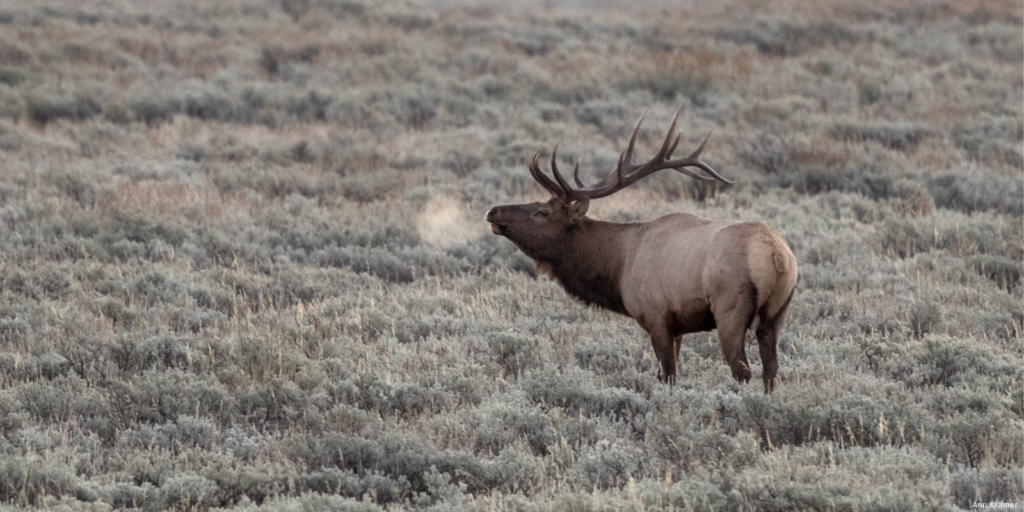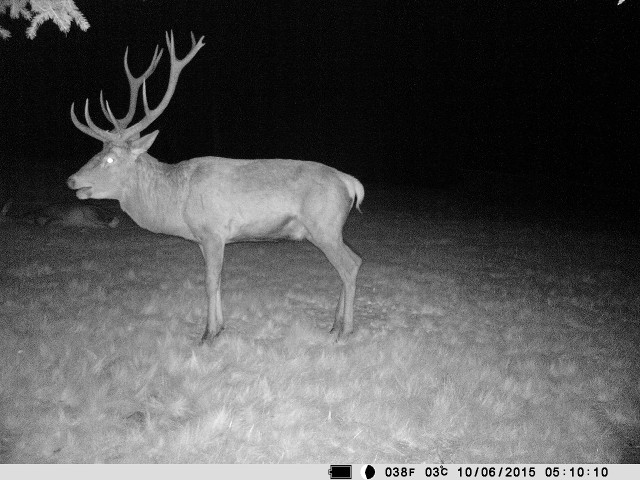Hunting: Testing Exotics for CWD
One of the lesser known exotic hunting regulations in Texas is that Chronic Wasting Disease (CWD) testing is mandatory on all properties. With fall here and hunters headed to field, we are reminding Texas landowners of exotic CWD susceptible species rules for the 2019-20 hunting season. Hey, we’re just trying to help you stay out of trouble.
“When CWD was first discovered in far West Texas in 2012, Texas Animal Health Commission (TAHC) and Texas Parks and Wildlife Department (TPWD) took important steps toward preventing the spread of the chronic disease by establishing CWD zones and implementing surveillance and movement rules,” said Dr. Susan Rollo, State Epidemiologist. “On May 30, 2017, TAHC enhanced the surveillance and movement requirements for exotic CWD susceptible species in Texas.”

Exotic Susceptible Species
Fortunately, not every exotic species in Texas is believed to be susceptible to CWD. With that in mind, the list is shorter than it could be. Exotic susceptible species include:
- North American elk or wapiti
- Black tailed deer
- Red deer
- Reindeer
- Sika deer
- Moose
- Any associated subspecies and hybrids.
White-tailed deer, mule deer and other native species are under the jurisdiction of TPWD.
Landowners can find all of the necessary report forms here on the TAHC web site.
CWD Testing Requirements for Susceptible Exotics in Texas
Premises where Exotic CWD Susceptible Species are Hunter Harvested
Owners of high, low, or no fenced lands where exotic CWD susceptible species older than 16 months of age are hunter harvested, are required to submit a mortality record to the TAHC. Mortality record forms are due to the TAHC on or before April 1 of each year.
Every calendar year, landowners must have eligible mortalities CWD tested until such time that three animals are tested. An eligible mortality is a death from any cause of an exotic CWD susceptible species that is 16 months of age or older.
This includes hunter harvested mortalities or herd culling, natural mortalities, or animals moved directly to slaughter. Once valid CWD test results are obtained, they are to be submitted to TAHC and accompanied by a test submission form.

Owners Moving or Transporting Live Exotic CWD Susceptible Species
Any person engaged in the business of buying or selling exotic CWD susceptible species in commerce must maintain records for all exotics transported within the state or where there is a transfer of ownership. This data can be recorded on the TAHC movement record form.
All live exotic CWD susceptible species moved or transported within the state must have official identification. Contact TAHC ADT department for more information on official ID.
An owner of a premises where exotic CWD susceptible species are located within a high fence must keep an estimated annual inventory for all exotic CWD susceptible species. Annual inventories are due to TAHC on or before April 1 of each year.
Texas CWD Requirements for Hunters, Landowners
In addition to the TAHC’s statewide movement and surveillance requirements for exotic susceptible species, hunters should be aware of the CWD zones that have been established in Texas by TPWD.
The CWD Containment and Surveillance Zones include the Trans-Pecos zone, Panhandle zone, and South-Central Texas zone. Mule deer, white-tailed deer, elk, red deer, or other CWD susceptible species hunter harvested within the zones are REQUIRED to bring their animals to a TPWD check station within 48 hours of harvest.